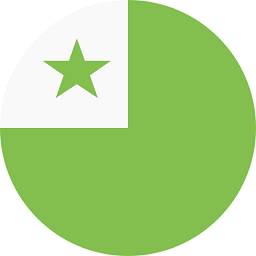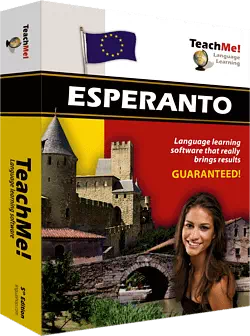
How to use the indefinite article in Esperanto
You want to learn how to use the indefinite article in Esperanto? You've come to the right place! Scroll down and see the short Esperanto lessons complete with useful examples. An apple, a house, a book... we explain it all to you in short, easy to follow lessons.
Add to cartDownload now
Enter your email address to receive your learn Esperanto workbook. If you have not yet purchased the workbook, download a free sample now.
Thanks for downloading
An Email will be sent to the address bob@yahoo.com with links for downloading your PDF workbook. If the mail does not arrive, please check your spam folder.





